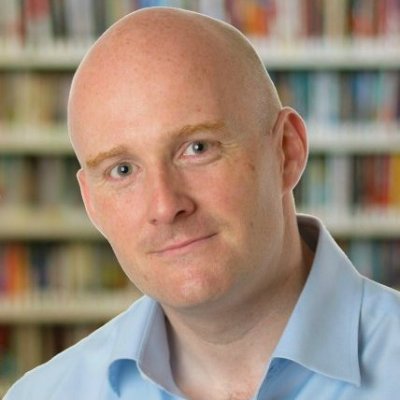Making assessments is one part of an FP&A practitioner’s work. The purpose of assessments is to stimulate learning about the

There is no lack of discussion about the skill sets that FP&A professionals need throughout their careers to be successful

One of the biggest transformations in the finance departments recently, has been the shift for an Accountant to move from

FP&A teams have been growing in popularity because they have always known about one big thing that drove and accelerated

I was recently invited to join FP&A-Trends’ Artificial Intelligence/Machine Learning (AI/ML) Committee by Larysa Melnychuk, managing director. The AI/ML committee

Statistical approaches to forecasting can provide a framework for creating rolling budgets to which analytical skills and judgment can be applied
Pagination
Subscribe to
FP&A Trends Digest

We will regularly update you on the latest trends and developments in FP&A. Take the opportunity to have articles written by finance thought leaders delivered directly to your inbox; watch compelling webinars; connect with like-minded professionals; and become a part of our global community.





 Karl Kern has a BBA degree in Accounting from Temple University, and an MBA degree with a concentration in Finance from Babson College. After graduating from Temple University Karl started a career where he has established a reputation as a problem solver. Karl’s reputation as a problem solver is based on his ability to create as well as implement initiatives that have helped organizations increase revenues, decrease expenses, and improve cash flows.
Karl Kern has a BBA degree in Accounting from Temple University, and an MBA degree with a concentration in Finance from Babson College. After graduating from Temple University Karl started a career where he has established a reputation as a problem solver. Karl’s reputation as a problem solver is based on his ability to create as well as implement initiatives that have helped organizations increase revenues, decrease expenses, and improve cash flows.



 The author Andrew Codd is the producer of the Strength in the Numbers Podcast which interviews real finance practitioners to break down their hard-won lessons and deconstruct their practical methods that work on the job and which you won't typically find in textbooks or exams so that we create more influential finance professionals worldwide who solve meaningful problems for their organisations and in return have fun, rewarding and successful careers in finance.
The author Andrew Codd is the producer of the Strength in the Numbers Podcast which interviews real finance practitioners to break down their hard-won lessons and deconstruct their practical methods that work on the job and which you won't typically find in textbooks or exams so that we create more influential finance professionals worldwide who solve meaningful problems for their organisations and in return have fun, rewarding and successful careers in finance. 
